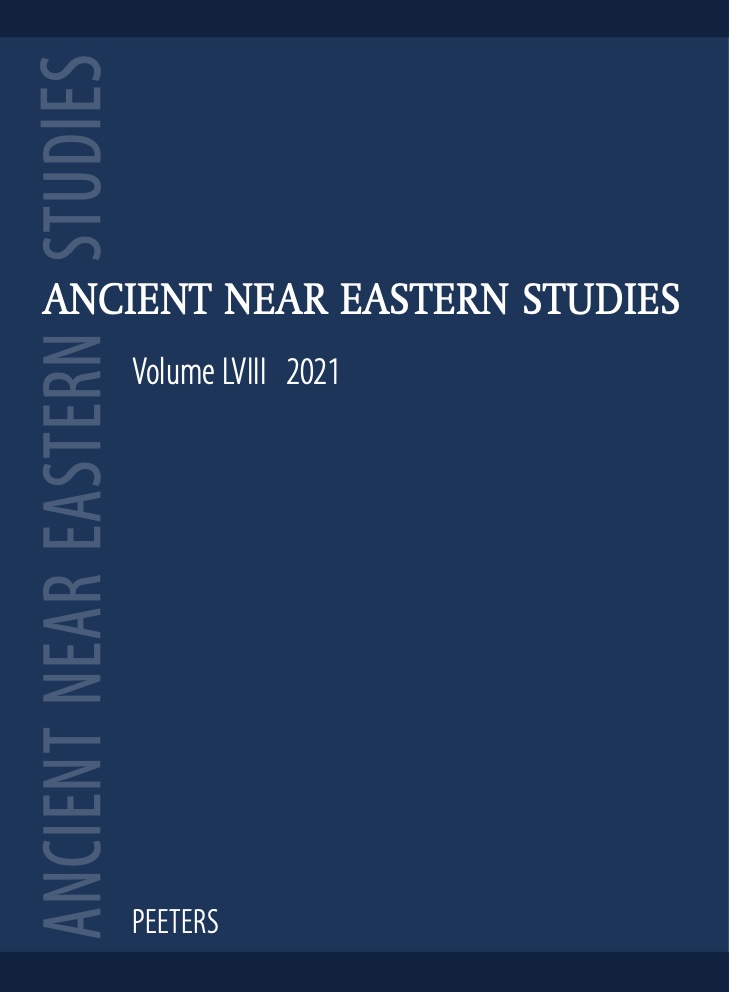 previous article in this issue previous article in this issue | next article in this issue  |

Preview first page |
Document Details : Title: The Active Predicative Participle in Archaic and Classical Biblical Poetry Subtitle: A Typological and Historical Investigation Author(s): NOTARIUS, Tania Journal: Ancient Near Eastern Studies Volume: 47 Date: 2010 Pages: 241-269 DOI: 10.2143/ANES.47.0.2051626 Abstract : The article provides a semantic interpretation of sentences with the active predicative participle (APP) in Biblical Hebrew (BH) poetry, suggesting a definition of the category in different text-groups, and tracking the diachronic path for the APP in terms of relative chronology. The corpus is divided into four text-groups, which represent different language types: (1) texts with a genuine archaic null representation of the APP; (2) texts in which the APP is used in a progressive function and reveals transitory features from the archaic to the classical use; (3) texts that witness such common classical uses of the APP as simple present progressive, immediate future, past progressive, and, rarely, iterative-habitual aspect; and (4) texts that reveal apparently late and innovative features of the participle, namely its use as a main habitual and generic category. These language types can be considered as relatively more archaic or relatively more innovative if one takes into account two extra-biblical linguistic corpora, the language of the El-Amarna archive and Mishnaic Hebrew, which serve respectively as the prototypical archaic and post-biblical innovative chronological edges of BH. The data of the prosaic language analysis and of the general linguistic typology are also taken into consideration. |
|


